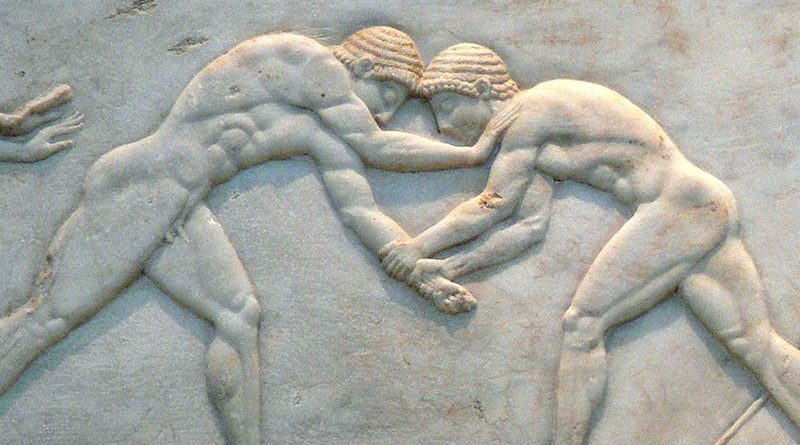Introduction
Mentorship is a cornerstone of success in Jiu-Jitsu, an art that thrives on the transfer of knowledge and experience from one generation of practitioners to the next. In this comprehensive guide, we delve deep into the world of Jiu-Jitsu mentorship, exploring its significance, the role of mentors, and the profound impact it has on the growth and development of martial artists.
The Role of a Mentor
Mentors in Jiu-Jitsu serve as guides, instructors, and inspirations. They are individuals who have not only mastered the techniques but also possess the ability to convey their knowledge effectively. A mentor's role extends beyond teaching; they offer support, encouragement, and a sense of belonging to their mentees. Through their guidance, mentors help students navigate the intricate world of Jiu-Jitsu, providing insights that can only come from years of experience.
Benefits of Mentorship
The benefits of mentorship in Jiu-Jitsu are manifold. For the mentee, it means accelerated learning. A mentor can help a student progress faster by providing targeted guidance and correction. Beyond technique, mentorship instills confidence and fosters mental resilience. It's a source of motivation, as knowing that someone experienced believes in your potential can be a powerful driving force.
But mentorship isn't a one-way street. Mentors gain too, as teaching reinforces their own knowledge. Mentoring allows them to see the art from a fresh perspective and refine their understanding. Additionally, mentors contribute to the sense of community within the Jiu-Jitsu world, playing an active role in the growth of the sport.
Finding the Right Mentor
Choosing the right mentor is a crucial step in a practitioner's journey. Compatibility is key. The mentor's teaching style, personality, and goals should align with those of the mentee. Compatibility ensures a harmonious and productive mentor-mentee relationship. Networking within the Jiu-Jitsu community is an effective way to find potential mentors. Attend seminars, workshops, and open mats to connect with experienced practitioners who share your values and goals.
The Mentoring Process
The mentoring process is a dynamic journey that evolves over time. It begins with the initial connection, often marked by a mentor's willingness to share their knowledge. As the relationship deepens, the mentor provides ongoing support, guidance, and correction. Clear communication and mutual respect are the cornerstones of a successful mentoring relationship. The mentee should actively seek feedback, ask questions, and be receptive to constructive criticism. In return, the mentor should offer patient and consistent guidance.
Conclusion
In the world of Jiu-Jitsu, mentorship is a time-honored tradition that enriches the journey of both mentor and mentee. It fosters growth, accelerates learning, and strengthens the bonds within the Jiu-Jitsu community. As practitioners progress in their martial arts journey, the wisdom and guidance of a mentor become invaluable, propelling them toward excellence in the art of Jiu-Jitsu.


